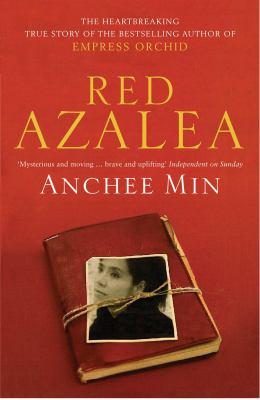 This was a book that I wanted to like much more than I did. I picked it up solely because of Casey the Canadian Lesbrarian’s rave review. Casey did warn that readers unfamiliar with fantasy will probably face a barrier to getting into Kynship, so I was expecting that, but unfortunately for me it never quite clicked.
This was a book that I wanted to like much more than I did. I picked it up solely because of Casey the Canadian Lesbrarian’s rave review. Casey did warn that readers unfamiliar with fantasy will probably face a barrier to getting into Kynship, so I was expecting that, but unfortunately for me it never quite clicked.
By the far the best part about this book was the world. It’s a vast, richly-imagined world, informed by First Nations (specifically Cherokee) history and culture, but also complex in its own right. I loved the thought was put into that, but it did feel overwhelming at times, like this book was trying to do too many things at once. Specifically, the point that really prevented me from being absorbed in the story was the constant perspective shifts. By the halfway point, the novel is told from about 15 different perspectives. Some overlap by the end, but others don’t connect in this volume. I was expecting one main character, as the blurb on the back describes, but I felt like I spent so little time with her (Tarsa) that I didn’t get a chance to know her–which goes double for the characters that only get a few pages of their story told in the whole book.
I know this was completely a matter of personal taste: I can definitely see what other people see in this series, but it just wasn’t for me. I loved the Native take on fantasy, and I was especially interested in the zhe-kin, who go by zhe/hirs pronouns. I appreciate that there is a Native fantasy series out there with a bisexual female protagonist, but overall this felt scattered to me. If this book were expanded so that each character got a little more page time, I would have enjoyed it a lot more.
That’s just my opinion, though, and if you’re at all intrigued, I recommend checking out Casey’s review as well.


